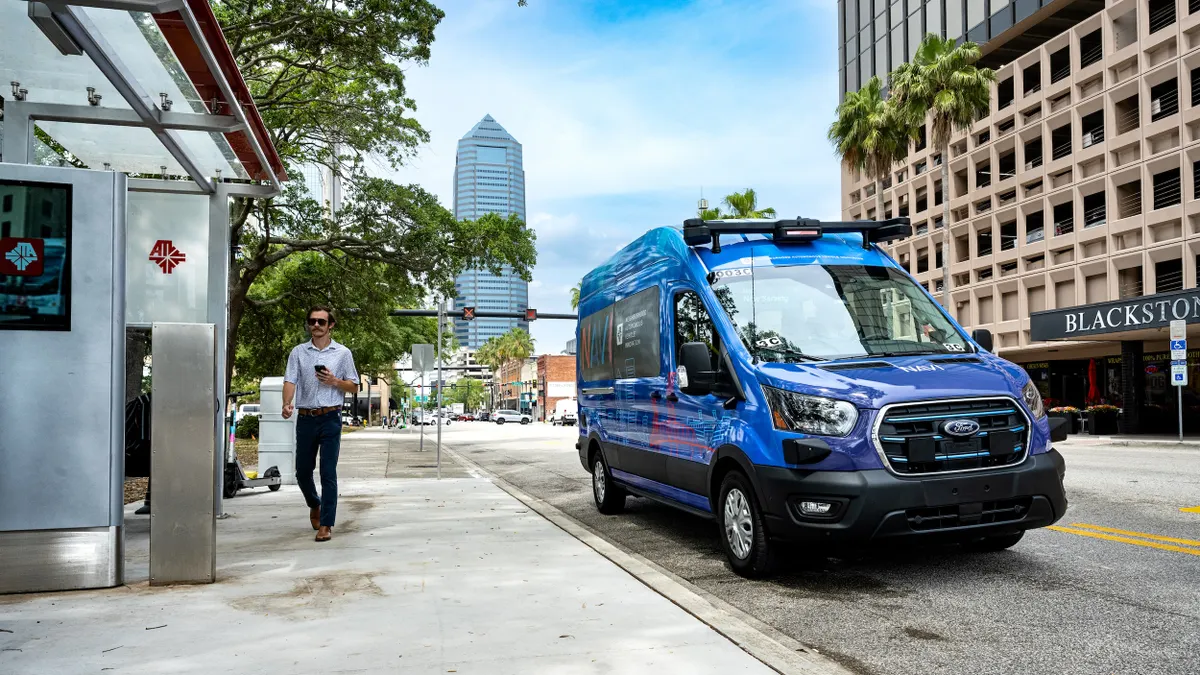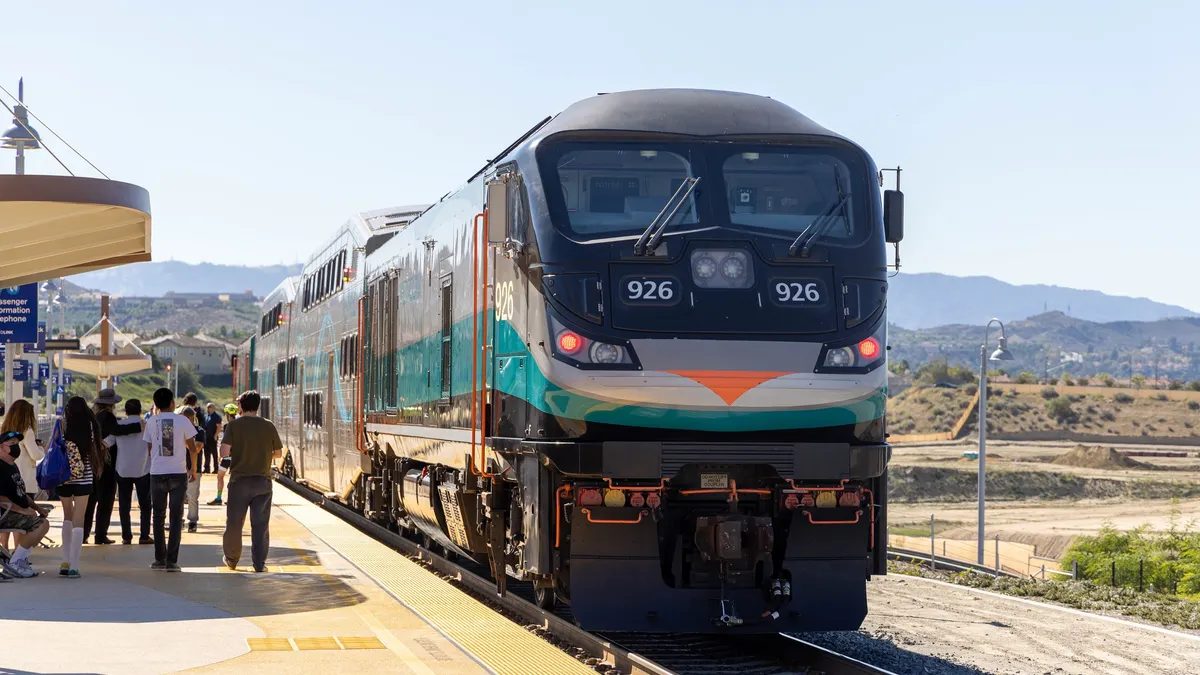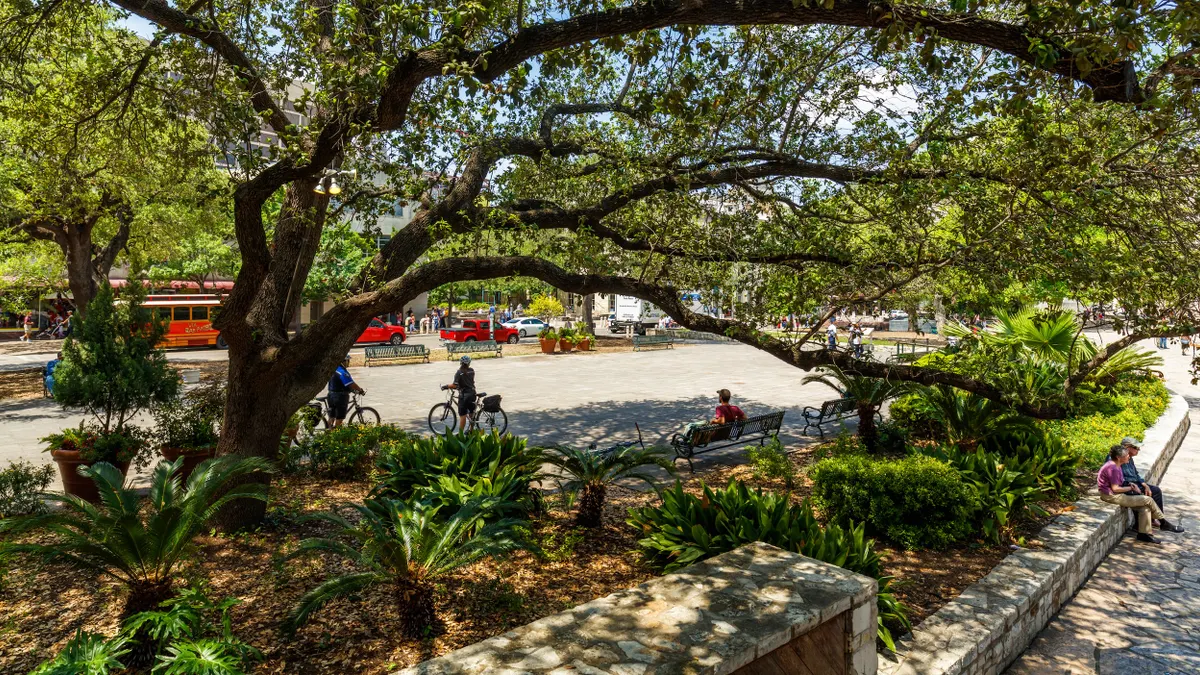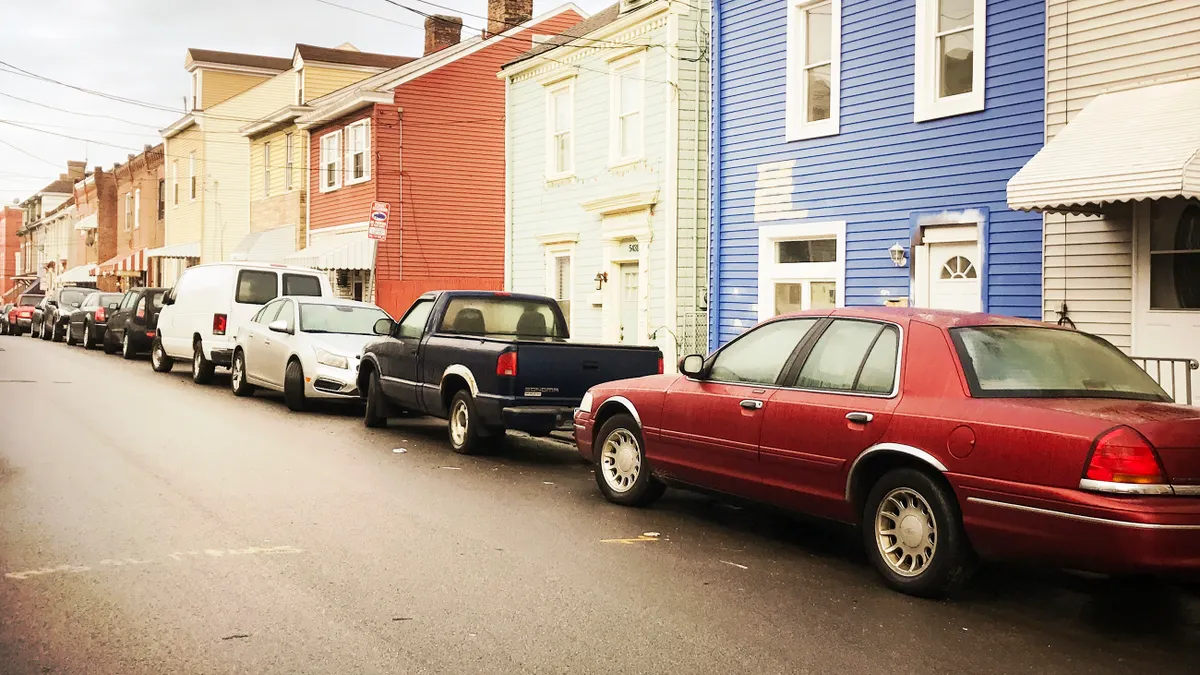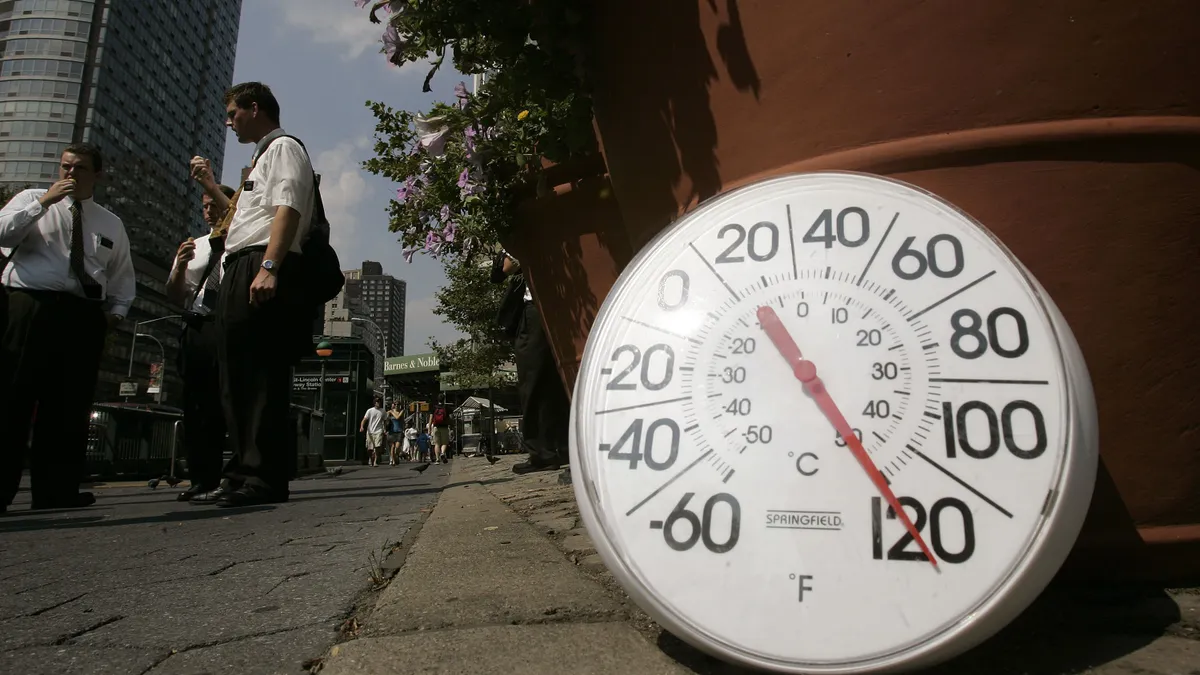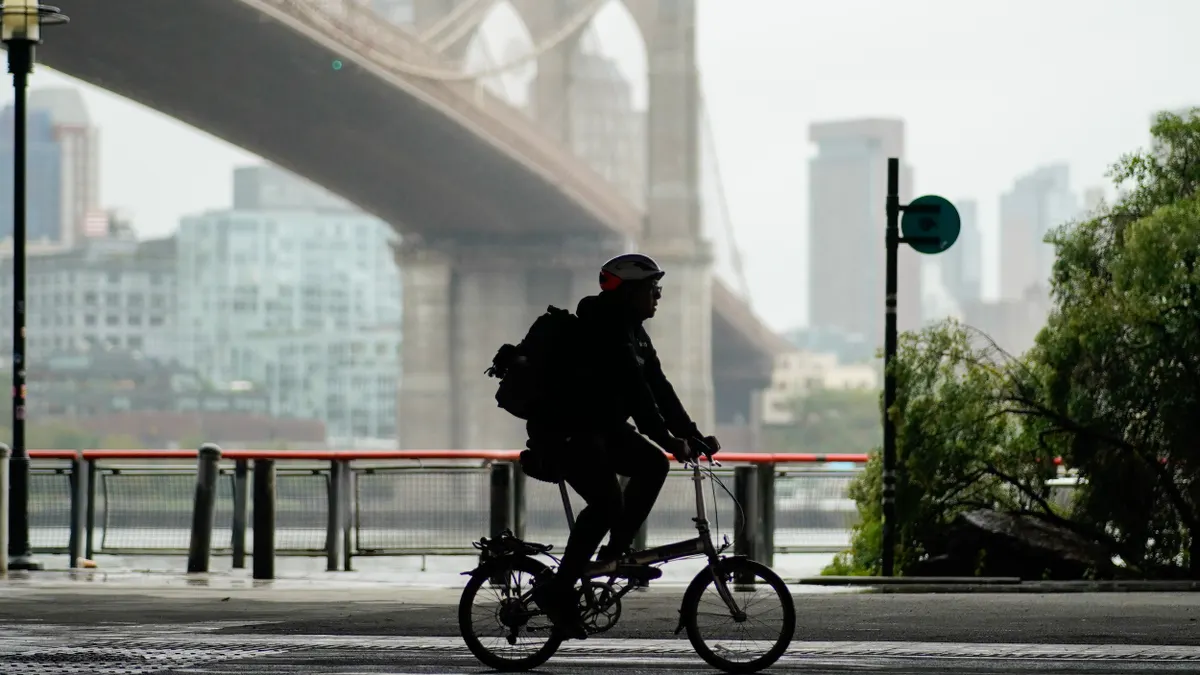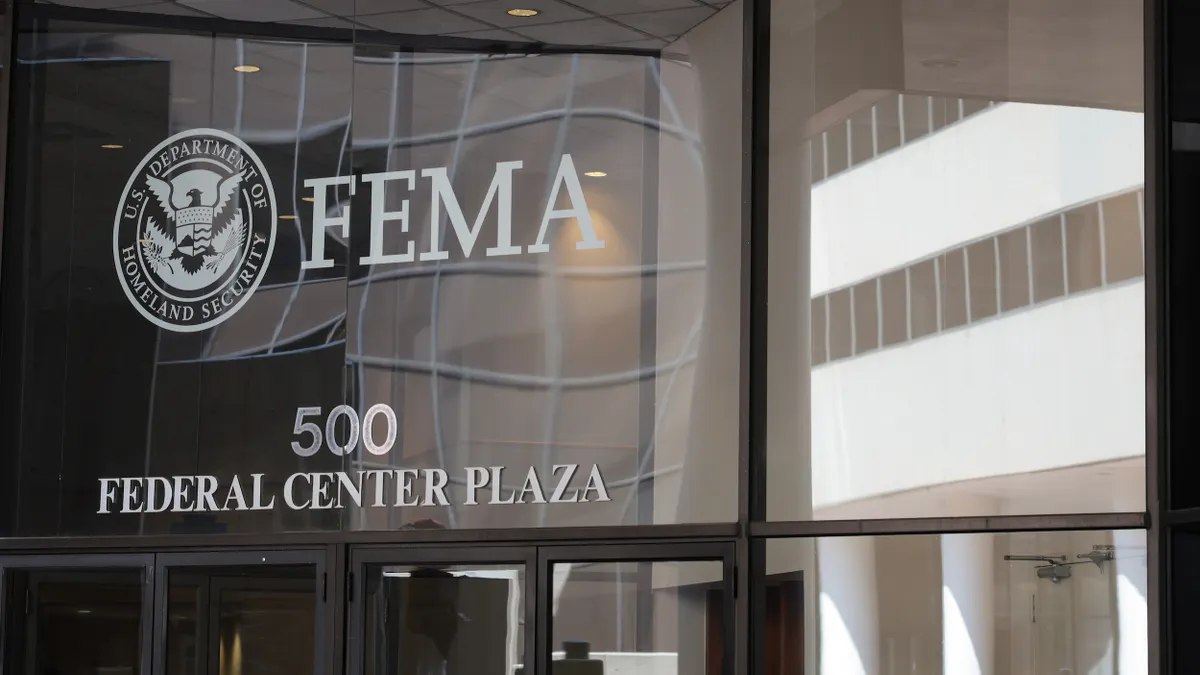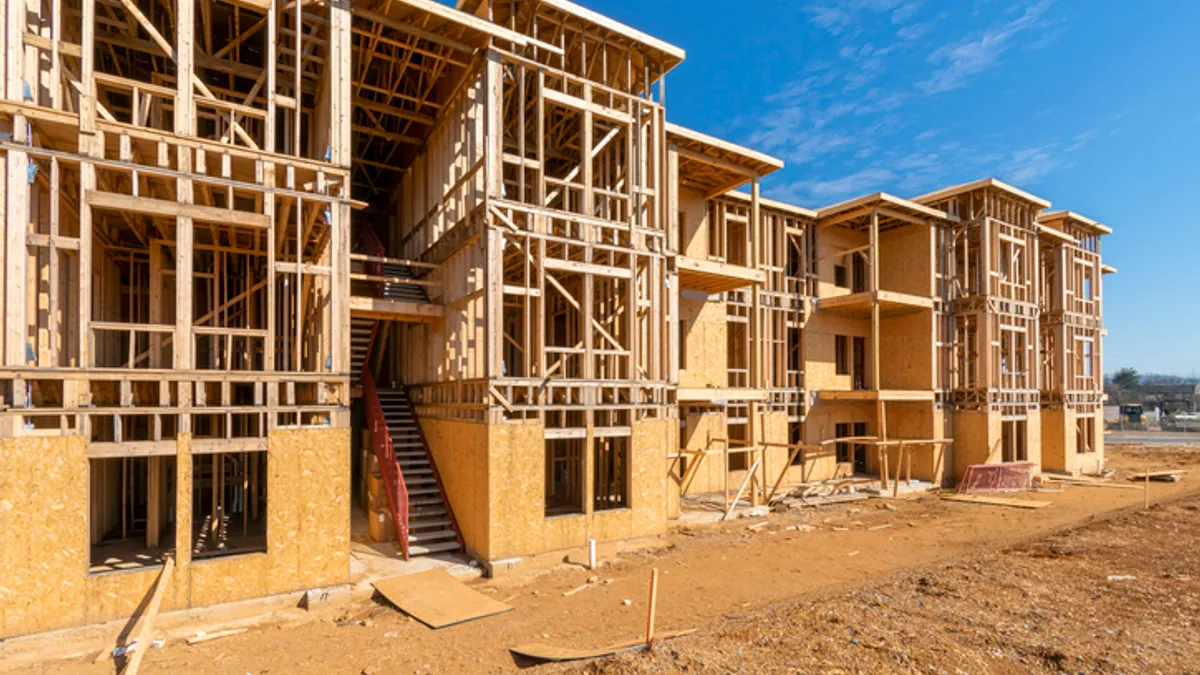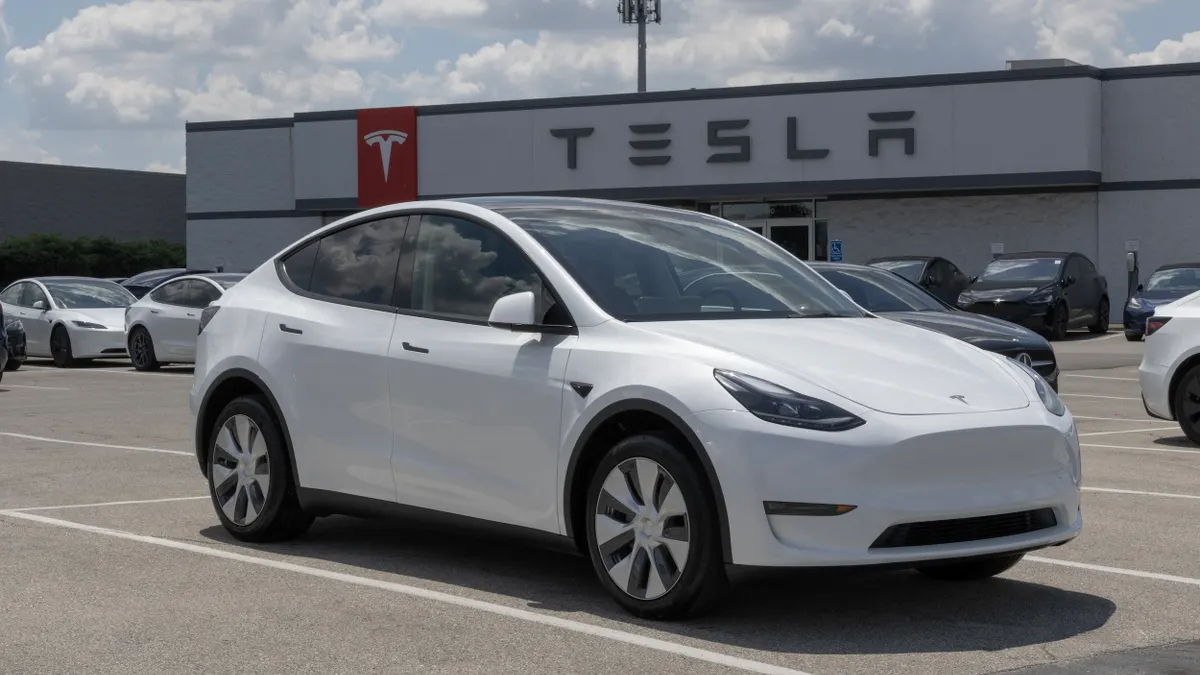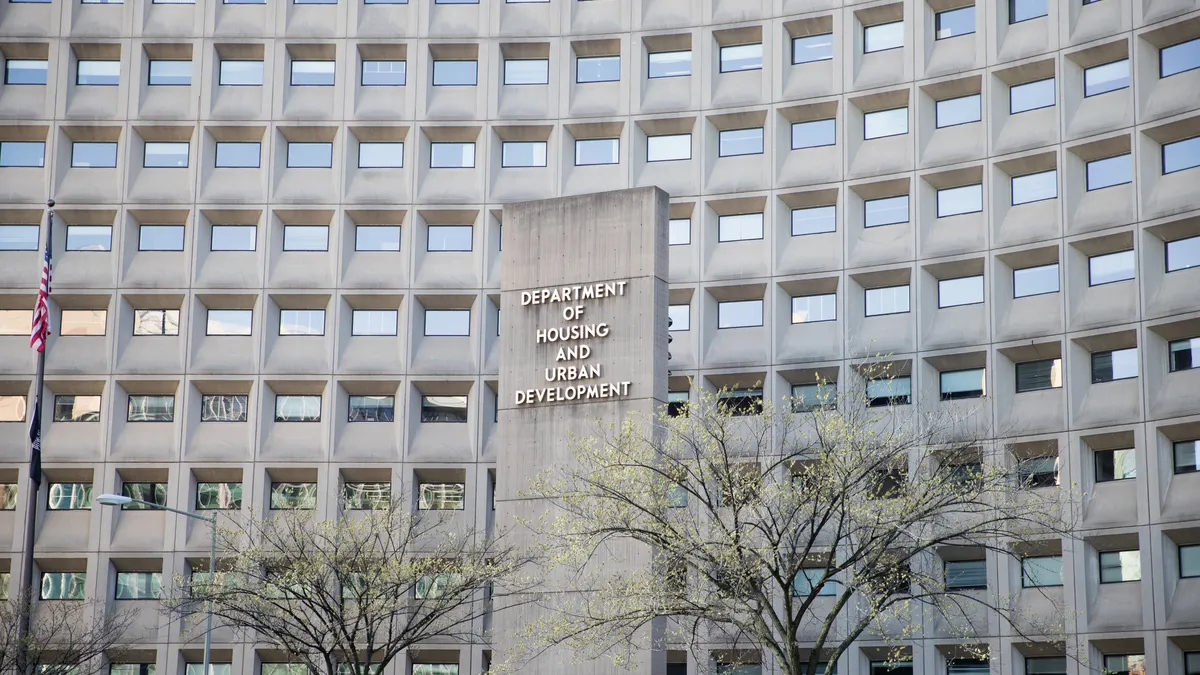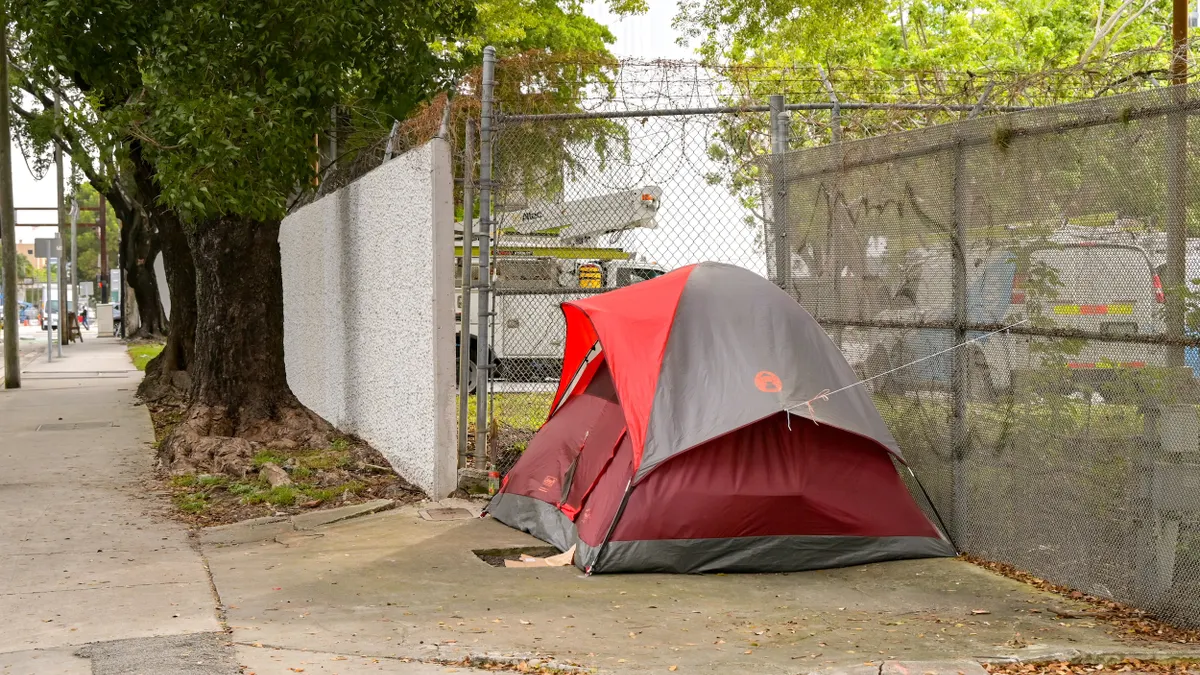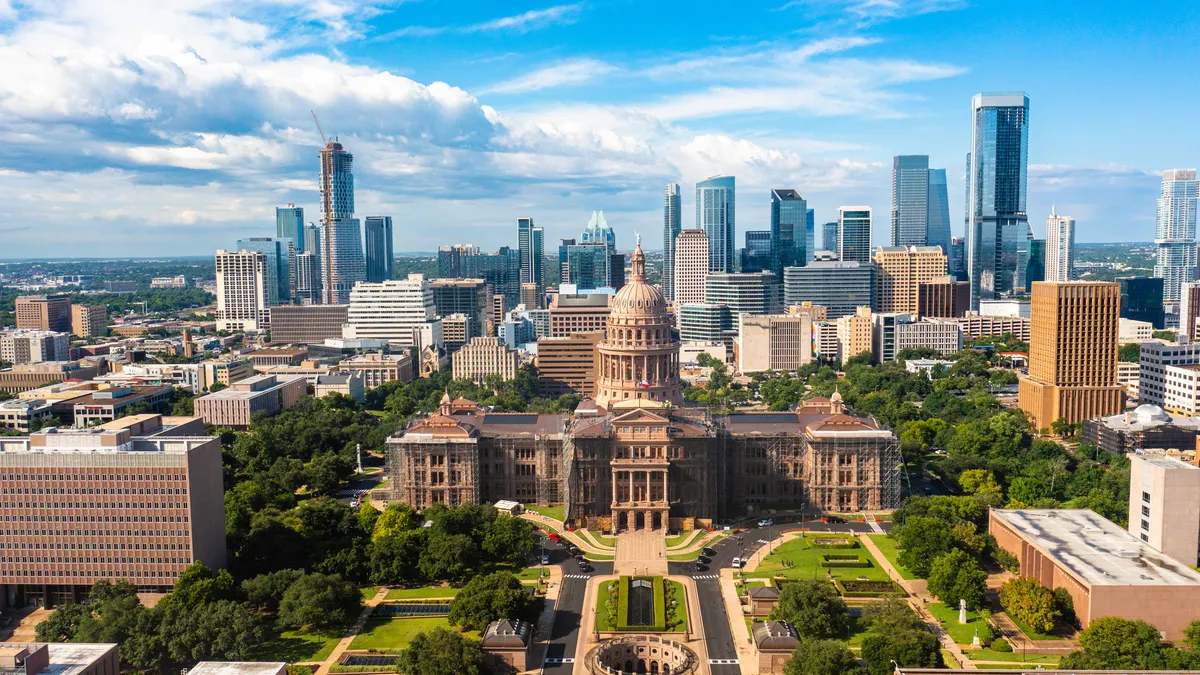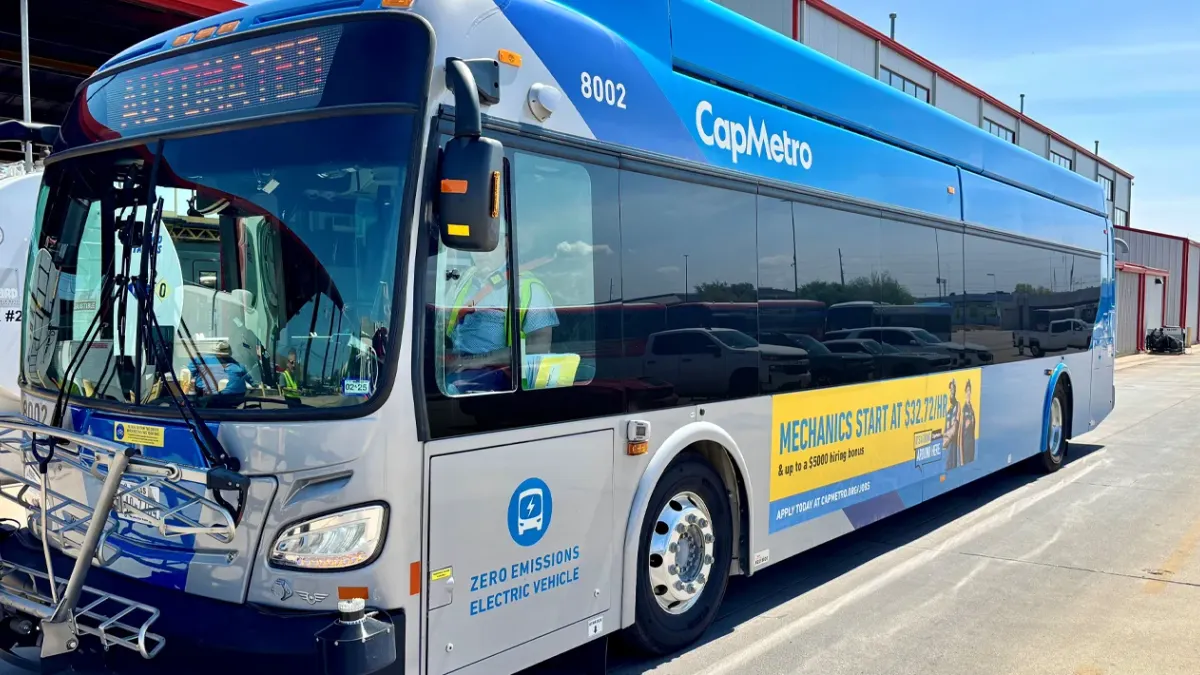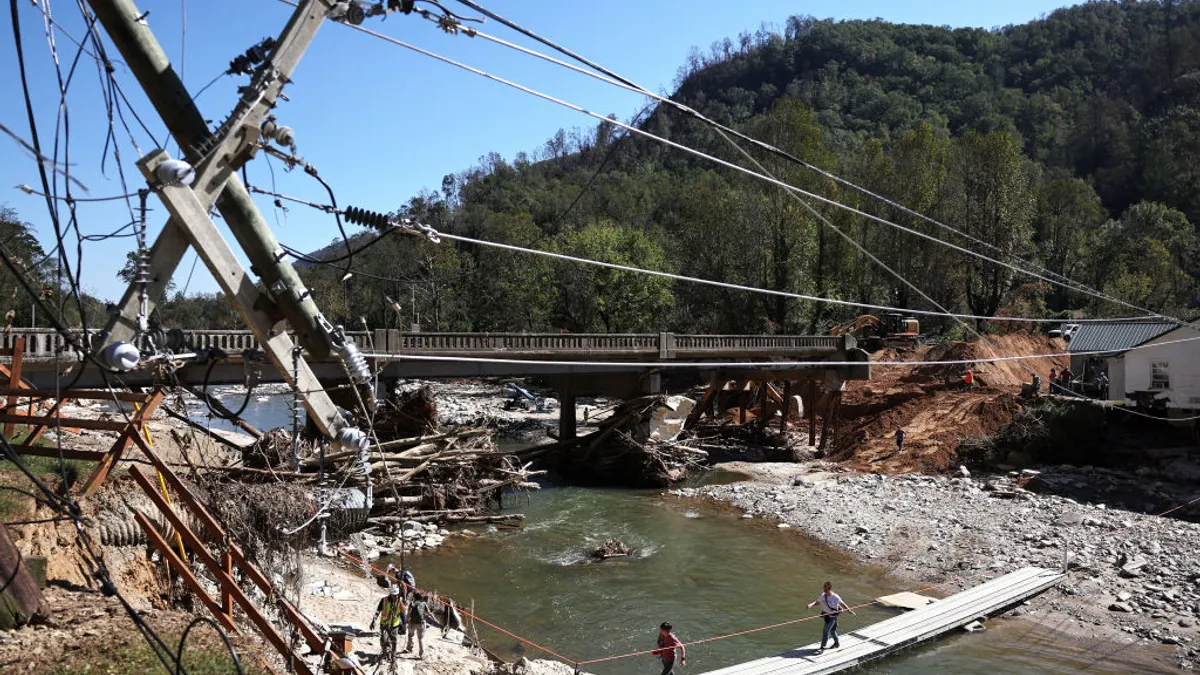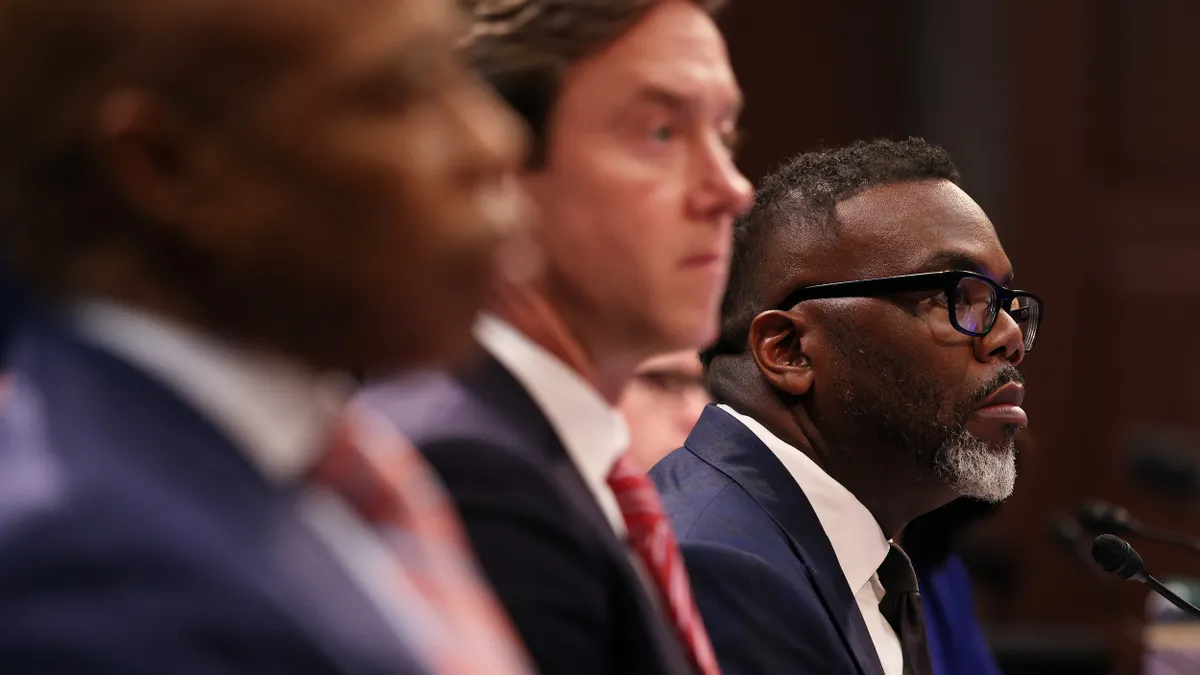The Latest
-
Tracker
US high-speed rail projects: The latest news
For California's High-Desert Corridor, HDR has received a five-year contract for design and support services.
Updated June 30, 2025 -

 Retrieved from New York State Energy Research & Development Authority on June 26, 2025
Retrieved from New York State Energy Research & Development Authority on June 26, 2025
New York offering up to $750K for facility decarbonization projects
The Large-Scale Thermal program is accepting applications through July 31 for heating, cooling and hot water systems in single buildings of at least 100,000 square feet or campuses of 250,000 square feet and up.
-
2025’s top smart city conferences
Smart city technology, housing, climate action, transportation, public safety and more take center stage at events in 2025.
Updated June 27, 2025 -
LA’s six-county regional railroad to reset fares July 1
Metrolink looks to restore ridership and revenue with simpler fares, which will cost less for most riders, the agency says.
-
How the ‘big beautiful bill’ could impact affordable housing construction
Low-income housing tax credits, opportunity zones and state regulation of algorithmic rent-setting tools all face changes in the massive budget bill passed by the Senate.
-
Complete streets policy scores show gains
With Biden administration support, small and large cities developed better policies for safer street designs, the latest report found, but future support is uncertain.
-
Uber Eats, Serve Robotics roll into Atlanta
The robotics firm will offer delivery to about 50,000 Atlanta residents as it continues expanding its partnership with Uber Eats.
-
FBI director calls for local law enforcement vigilance in ‘heightened threat environment’
“There is no better ground-level intelligence than cops,” Kash Patel said, as the Israel-Iran conflict and recent incidents raise concerns about attacks in the U.S.
-
Smart loading zones help cities take back the curb
Successfully managing curb space with IoT-enabled loading zones hinges on enforcement, communication and coordination with all stakeholders.
-
Office conversions accelerate, but many older buildings face demolition: reports
Residential conversions are helping address housing shortages in some communities, but high costs and incompatible structural designs remain challenges.
-
Why some cities are bucking state sanctuary laws
“Non-sanctuary” resolutions signal growing tension between local control, state policy and federal immigration enforcement. Are these meaningful assertions of self-rule, political theater — or both?
-
Summer power bills are going up, federal government warns
Consumers will see a “slight increase” in power bills this summer, the U.S. Energy Information Administration said Monday. But that analysis is based on expectations for cooler weather.
-
US cities got better for biking: 2025 report
The nation’s cities continue to build bike-friendly infrastructure, but changes in federal policy may threaten funding for these projects.
-
As FEMA shrinks, cities face rising burdens — and risks
The backbone of emergency management is under threat, former federal officials say. Small towns may be the first to feel the effects.
Updated June 24, 2025 -
Multifamily construction migrates to less populous areas, housing association says
There isn’t just one catalyst behind the trend, experts say.
-
Tesla begins robotaxi rollout in Austin, Texas
The service, initially for invited riders, offers limited hours and range. It's a potential sign of growth for robotaxis, industry observers say.
-
US, global cities tout emissions reductions
Local U.S. officials say they’re driving emissions goals from the ground up since the Trump administration’s withdrawal from key international climate events and agreements.
-
HUD green retrofit grant recipients in limbo after funding upheaval
While HUD’s Green and Resilient Retrofit Program gave out almost 270 awards, only 20 projects received funding before it was halted, according to an attorney.
-
Honda launches quadricycle-based urban cargo delivery business
The automaker designed an electric quadricycle for the last-mile delivery service it plans to offer.
-
Proposed HUD cuts threaten local progress on homelessness
Programs helping homeless veterans and other chronically unhoused residents could collapse without federal support, local leaders say.
-
Municipalities tap AI for permitting
Los Angeles and Austin, Texas, are using the technology to cut wait times. Honolulu promises its use also will result in faster responses.
-
Austin, Texas, tests autonomous transit bus
Automated buses operating within depots could save money for electric bus fleets and improve safety, engineering firm WSP says.
-
New tool maps urban heat disparities block by block
American Forests’ shade map reveals a stark lack of shade in hundreds of U.S. cities, giving local leaders a powerful tool to prioritize cooling investments where they matter most.
-
Targeted investment, tech can sustain critical infrastructure
To help communities bounce back after disaster, jurisdictions must identify gaps in lifeline systems and cost-effective ways to mend them, panelists at the Building Innovation 2025 conference said.
-
5 ‘sanctuary cities’ sue DHS to restore counterterrorism funds
The cities allege the Department of Homeland Security is jeopardizing terror preparedness and radiological detection efforts after reimbursements have stalled for months.
Updated June 17, 2025

